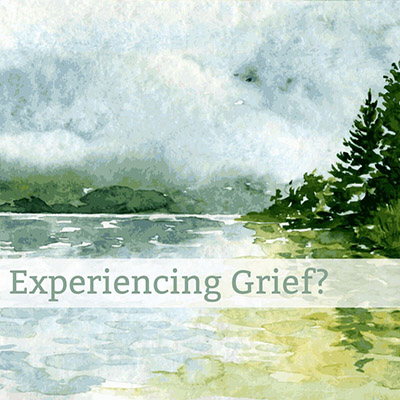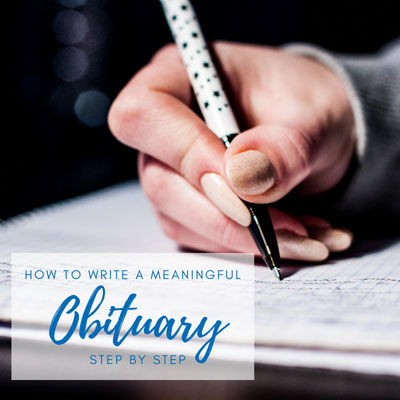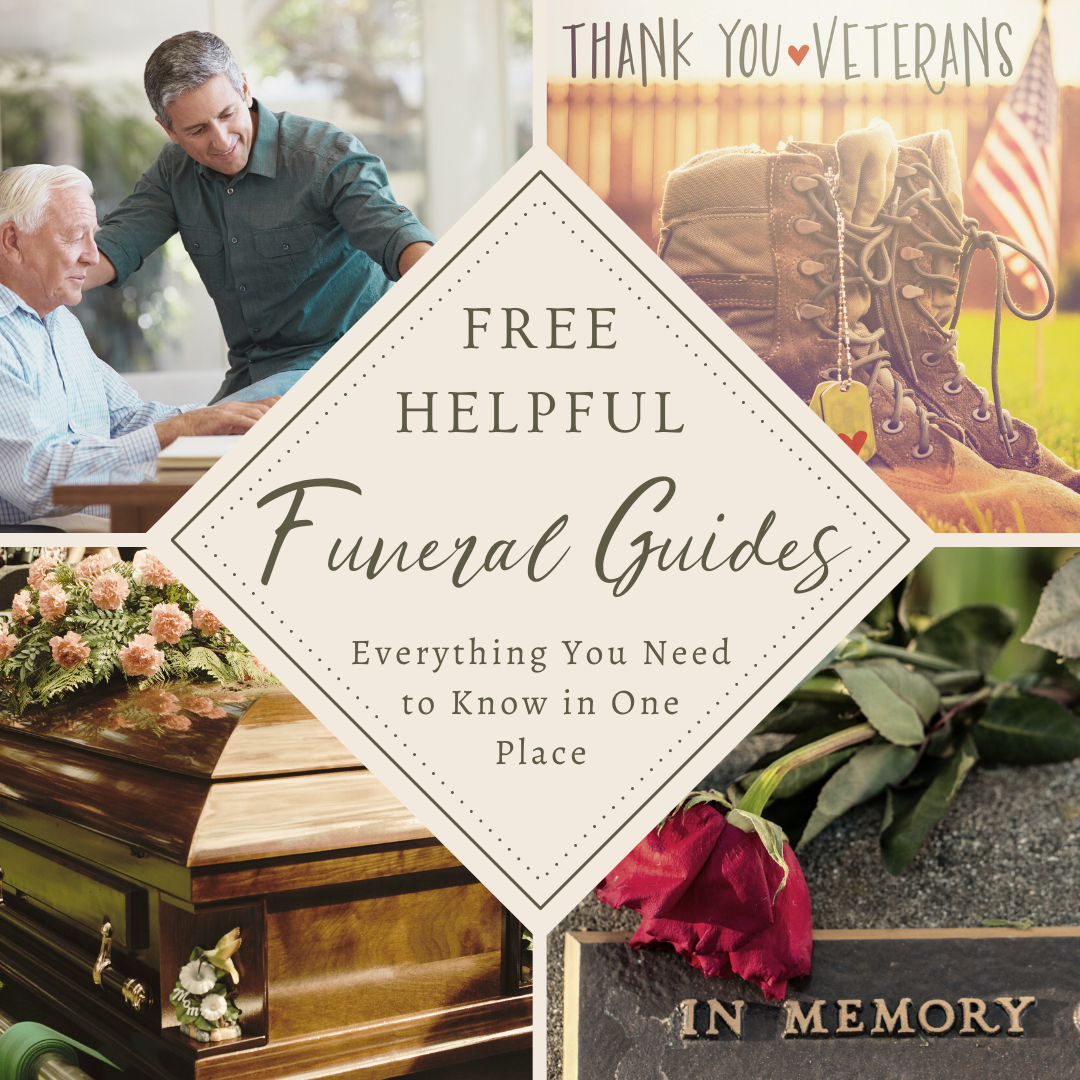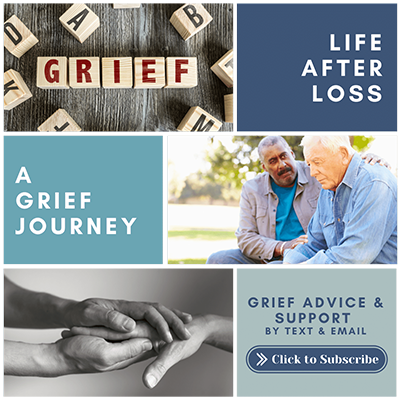One question that many people get after a loved one dies by suicide is "why?” It will likely be a question you ask yourself and it may even be one that friends and family ask you. The problem with this question is that it assumes there is just one reason.
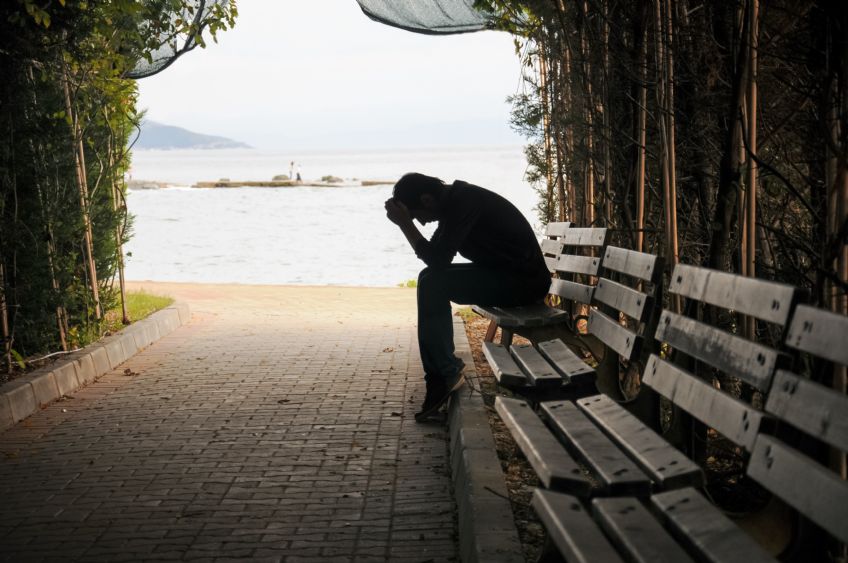
One question that many people get after a loved one dies by suicide is "why?” It will likely be a question you ask yourself and it may even be one that friends and family ask you. The problem with this question is that it assumes there is just one reason.
The truth is, however, that there isn’t likely to be just one reason. There are usually multiple risk factors that put someone at risk for suicide. These include things like:
- Having a chronic health condition
- Going through a big life transition
- Access to lethal means
- Exposure to suicide in the news or the community
- Personal history including genetics, traumatic events, and cultural beliefs.
One thing most people who die by suicide have in common, though, is that they are caught in an intense orbit of despair. They feel like they have no other way out. They are in pain, just like someone who has terminal cancer is in pain.
It’s not just a simple choice that someone makes.
You are likely to feel an intense amount of guilt, confusion, shame, and anger if a loved one commits suicide and it can be hard to deal with this. It’s important to know that many people who die by suicide never told anyone that they were thinking about it. And you should not blame yourself or feel like you should have known what your loved one was planning. Even mental health experts struggle to identify the warning signs.
When sharing information about the passing of your loved one, remember that you can choose what details you disclose. And you do not have to say more than you are comfortable with. In fact, you may choose to not disclose any details of their passing, and that is fine.
If you do choose to share the circumstances it is ok to tell people, "He took his own life, but I am not ready to talk about the details at this time. Thank you for your support.”
If friends and family ask you "why” it’s ok to say you don’t know and you would rather not discuss it. You may find it helpful to communicate this to friends and family before they even ask.
Most importantly, though, remember that you are not at fault, even if you feel like you should have known. If you find yourself struggling with your grief, do not be afraid to seek professional help.
Here are some other resources:
National Suicide Prevention Hotline – confidential 24/7 support
1-800-273-8255
www.suicidepreventionlifeling.org
Veterans Crisis Line – call, chat or text for 24/7 help
1-800-273-8255 EXT 1
https://www.veteranscrisisline.net/get-help/hotline
SAVE: Suicide Awareness Voices of Education – resources and education for survivors
ww.save.org
